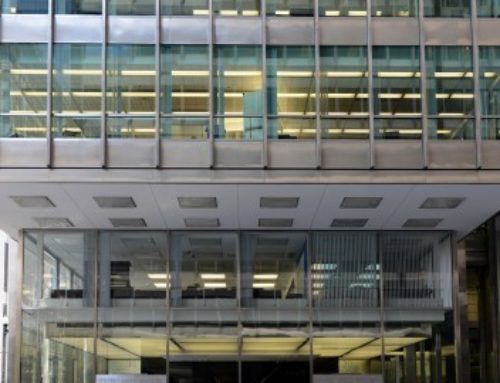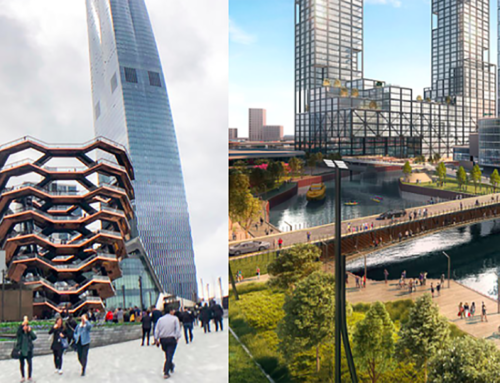By Howard Ecker
There is a lot of talk these days about how important it is to take care of your employees when deciding on new office space, especially in regard to factors like the proximity to public transportation and lunch options, as well as the general comfort level of the office.
While these are legitimate factors in the search process, I think the first item to check off the list is determining why you need new office space in the first place. Think about it: Why do companies move? Do they move when their lease is up? No, they usually move when they need more space, need less space or they want to change their image. One of the three stands out each and every time.
As far as taking care of employees, it seems to me the employers who have always been sensitive are now even more sensitive. And the ones who were never really sensitive now are at least giving it a little thought.
Take a look at the McDonald’s corporation in Oak Brook and their recent decision to move into the West Loop in the city of Chicago. What does that say about all the people who worked for them in Oak Brook for decades? If you asked the employees if they were in favor of such a move, I’d be willing to bet a great majority of them would’ve said no, as many of them moved from the city to Oak Brook to be near the headquarters.
Breaking down the real reason for the need for new space should absolutely be the first — and most important — step. Only then can you take the next steps with confidence.
Being receptive to your employees during the office space search process basically breaks down into two categories:
1.) Why is the company looking to move? Is it for improving retention, a need for expansion or retraction, maybe an attraction to a particular building? Breaking down the real reason for the need for new space should absolutely be the first — and most important — step. Only then can you take the next steps with confidence.
2.) Is the company looking out for the employees it wants to attract, or the ones it already has? Finding a middle ground makes it easier in the both the short and long term… if the middle ground is what you want.
Is the company focusing more on improving the culture and working conditions provided for its current workers, or the potential employees the company trying to bring in? And how do you know what will attract them?
Are they 20-something tech kids who need to be hired? Do 50-year-old executives need the couches, beer on tap and ping pong tables for hanging out after 5 p.m.? It’s important to understand the target, who they are and what appeals to them.
Honestly, that’s where proper commercial real estate experience comes into play. Too often, companies get sold a lease by great salespeople, often with a lot of experience, but do they ever take the time to understand why you are making the move to begin with? And is that the person who is going to help you execute the process from start to finish — including all the little details — or are you now going to be passed off to someone with less experience whose goal it is to sell you the most space possible instead of helping you in ans wering that most important question?
wering that most important question?
I recently pitched a law firm that’s been around since 1946 whose current partnership was aging substantially. I asked them to answer one simple question for me: Where will your partnership be in five years? They didn’t have an answer.
Unfortunately, they decided to hire someone who never even asked that question. There’s no doubt in my mind that this will come back to haunt them in the short and long term.
Everyone involved in relocation gets excited with the thought of moving and occupying fresh, new space — and understandably so. But why are you moving, what is the purpose of the move and what are you trying to accomplish with making the move? Do you have a five-year or 10-year plan? Is the potential new space built for the short and long term?
Always remember, at Howard Ecker & Company, we always say the best lease is a one-year lease with 99 one-year options.
Bottom line: You can never be too interested in your employees, but always completely understand why you want or need to make move. Consider what culture will be created when you do move, and whether that culture matches up with what your employees — current and prospective — believe the company represents. If you understand the core reason for the move, it’ll make for a more efficient and less stressful process. And in the end, isn’t that what we all want?
Want to discuss? Drop me a line anytime at Howard@HowardEcker.com







Leave A Comment